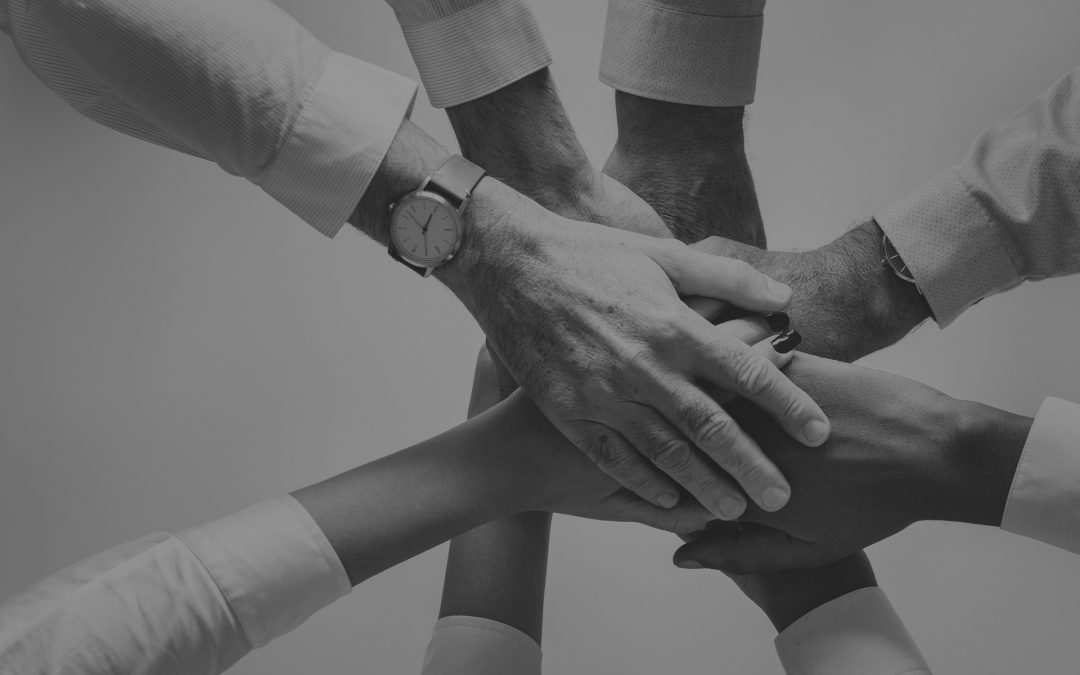
A good deal of my consulting work boils down to creating a pretext for necessary conversations between people at work. These may be conversations about clarifying roles and role boundaries, agreeing priorities, establishing group norms and shared values, working through divisive conflicts or untangling baffling conundrums. But sometimes the consultancy begs the question, ‘why are these conversations being avoided in the first place?’ My (rather obvious) working hypothesis is that what is revealed or exposed by the process is 1) that the parties involved are highly interdependent (that is, they rely upon one another to get things done) and 2) that this makes each person visible and accountable to the others in quite explicit ways.
It is possible that, although uncomfortable, there is an unconscious investment in keeping things blurry or muddled. Perhaps this is a way of protecting against the even more uncomfortable feelings associated with being in a position of having to be accountable and or hold each other to account. If things are clear and agreed (in terms of e.g. roles, responsibilities, goals, actions etc), but not adhered to, then we find ourselves faced with the choice to either stay silent or speak up. Leadership teams can create all manner of ‘work-arounds’ so as to avoid such ‘moments of truth’ with each other. Like Julius Sumner Miller, we might be provoked to ask, ‘why is this so?’
In an attempt to respond to this question, I will draw upon a recent paper of a colleague, Mark Stein (https://www.youtube.com/watch?v=n7fUMjsxuZo) about the whistleblower and the loss of the good self. It is well-known that whistleblowing is a risky business that can result in becoming an object of hatred that is actively attacked and excluded from the organisation or community. In briefest terms, Stein’s hypothesis is that in being identified as having failed or acted with impropriety we may be put in touch with a sense of having lost our ‘good’ selves (our sense of being a good person). This arouses shame and guilt and we lash out at the one who made us feel this way. So unconsciously, we ‘shoot the messenger’ rather than be in touch with such unwanted feelings. No doubt, in the Australian context, this is further complicated by embedded tenets such as ‘you don’t dob in a mate’. The whistleblower has breached a sacred code. Is it possible that at some level, this dynamic is what is in play in the moment of either being held to account or holding the other to account? Is it feelings of shame and fear of exclusion that make accountability so unwanted? Are our ‘good selves’ felt to be at risk?
If even a small part of the answer to these questions is yes, then it seems understandable that we might wish to avoid accountability. What to do? My suggestion is that where we err in our thinking is by putting ourselves and how we feel (or how we might make others feel) at the centre of the conundrum and our motivations. If instead, what remain front of mind are the work, its purpose and the people we seek to serve, the emphasis shifts and the whole accountability piece is less personalised (and persecuting). In this way, our authorised roles, our purpose, our work objectives and our clients become the ‘rulers’ and the ‘containers’ for the accountability discussion. When executive teams can make this shift, these discussions become a whole lot easier.

